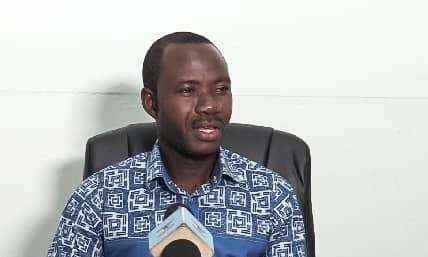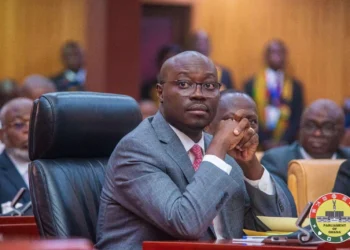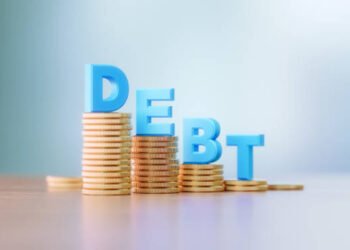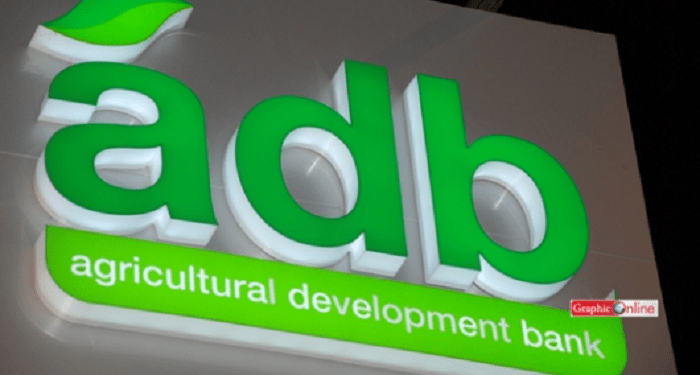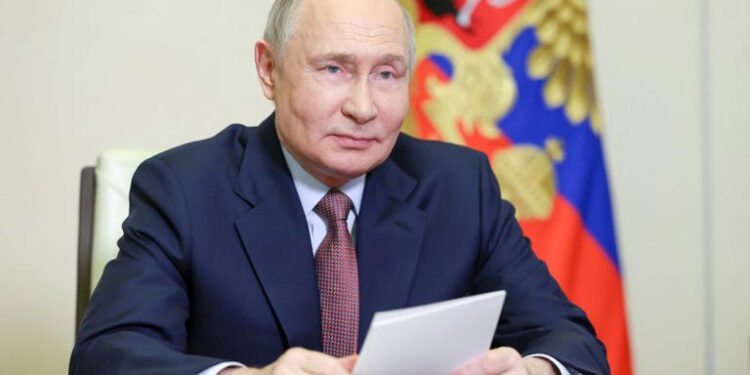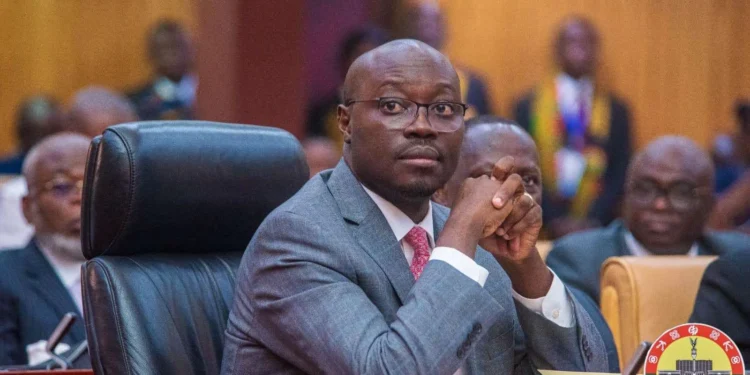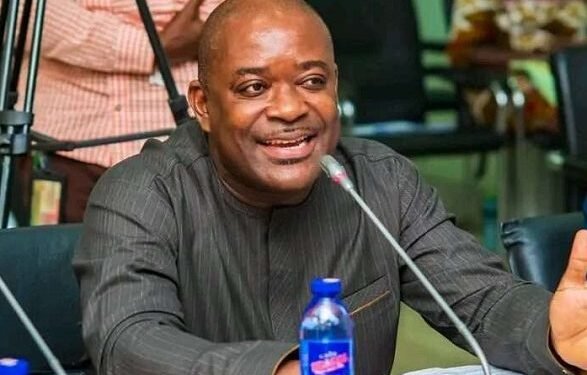Dr. Adu Owusu Sarkodie, an Economist and a lecturer at the Economic Department at the University of Ghana, has brushed aside the fears being speculated by a section of the public that Ghana’s debt cancellation will affect its chances in the external market.
According to the Economist, international creditors are fully aware of the current global challenges facing developing countries, and Ghana is not exempted, indicating that the country was always unable to pay its debts. As such, Dr. Adu Owusu Sarkodie noted that debt forgiveness would demonstrate that creditors are ready to give the country a fresh start.
“Some financial observers have warned that a debt cancellation for Ghana could send negative signals to international creditors. [That’s not the case]. Debt cancellation for Ghana will not affect the country’s ability to borrow from the international capital or Eurobond market in the near future.”
Dr. Adu Owusu Sarkodie
Dr. Adu Sarkodie argued that debt cancellation will improve the country’s credit rating since Ghana will no longer have unsustainable debts on its books.
“Ghana owes about $13.1 billion on the Eurobond market alone. So, if the debt release programme is successful, it means it will send a good signal to us. The reason why we are being downgraded is that we have unsustainable debt and can’t service those debts. Once they’re off, it gives us a fresh start. In any case, we have been downgraded because we owe, so if there is no debt, you will not suffer any downgrade.”
Dr. Adu Owusu Sarkodie
The economist also stated that the introduction of the Debt Release Programme by the International Monetary Fund (IMF) could cause the debt-to-GDP ratio to fall and help Ghana attain sustainability.
“If the Debt Release Programme comes, the Debt to GDP Ratio will fall to a sustainable level that we are all looking for. That is, about 55 percent, and it will also give the government of Ghana some sustainability when it comes to the Debt to GDP Ratio.”
Dr. Adu Owusu Sarkodie
Dr Adu Sarkodie was reacting to Ghana’s request for debt relief through the G20 Common Framework programme, where the country reached out to the Paris Club of creditor countries in December to ask for assurances that the Common Framework process, set up by the Group of 20 leading economies in 2020 in response to COVID-19, could be expedited.
Government Must Work on Revenue Mobilization
Meanwhile, Dr. Adu Owusu Sarkodie tasked the government to work on its revenue mobilization efforts. He noted that there is no substitute for domestic resource mobilization in solving Ghana’s fiscal challenges because even if the country had the chance to borrow to undertake its developmental projects, it would still need to borrow to pay back those loans.
According to the economist, the country’s debt situation is making development impossible since the government is not able to raise enough resources to finance its projects but spends a chunk of its revenues to pay off loans and interest on them.
“Ghana finds itself in a difficult position. The only way out is to raise enough revenue to finance its development. Even if the government succeeded in borrowing, it would still have to raise revenue domestically to service the debt. Therefore, there is no substitute for domestic resource mobilization. The government will have to raise revenue through taxes (without overburdening the taxpayers) and non-tax sources.”
Dr. Adu Owusu Sarkodie
It can be recalled that Ghana suspended payments on most of its external debt, effectively defaulting, as the country struggles to plug its hollow balance of payments deficit.
The finance ministry said it will not service debts including its Eurobonds, commercial loans and most bilateral loans, calling the decision an interim emergency measure, while some bondholders criticised a lack of clarity in the decision.
READ ALSO: Agric Minister Speculated To Resign From Office Today

